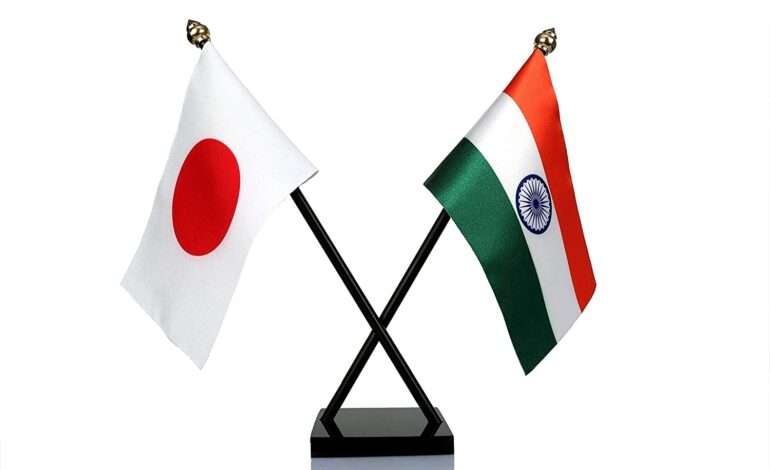
India-Japan ties strengthen with $13 billion investments, 170 MoUs signed in two years
As Prime Minister Narendra Modi prepares for his two-day Japan visit (August 29–30) to attend the 15th India–Japan Annual Summit at the invitation of Japanese Prime Minister Shigeru Ishiba, both nations have deepened their economic and strategic partnership with over 170 Memorandums of Understanding (MoUs) signed in the last two years. These agreements represent more than $13 billion in committed investments across diverse sectors.
The projects span steel, automotive, semiconductors, real estate, aerospace, renewables, and rural economy development. Major announcements include Suzuki Motor’s ₹350 billion new plant in Gujarat, Toyota’s ₹200 billion investment in Maharashtra, and Nippon Steel’s expansion in Gujarat and Andhra Pradesh. Sumitomo Realty is bringing in $4.76 billion, while JFE Steel is committing ₹445 billion to enhance electrical steel production.
Beyond industry, Japan is boosting India’s clean energy transition. Sojitz Corporation and Indian Oil are setting up 30 biogas plants worth $395 million, while Suzuki, in collaboration with dairy cooperatives, is developing biogas facilities in Gujarat. These projects will provide farmers with additional income, generate rural jobs, and support India’s green energy goals.
The partnership is also reshaping global supply chains. Japanese firms like Fujitsu, Tokyo Electron, and Fujifilm are integrating Indian SMEs into high-value ecosystems, particularly in semiconductors and IT. Fujitsu alone is hiring 9,000 Indian engineers, while Toyota and Suzuki’s EV and hybrid vehicle supply chains will connect hundreds of Indian SMEs to global markets.
The India–Japan Talent Bridge programme is another major pillar, aiming to exchange 50,000 professionals, researchers, and students between the two nations over five years. This initiative underscores the growing focus on knowledge-sharing, human capital, and regional development, including India’s northeast under the Act East Policy.
At the Japan-India-Africa Forum and the recent TICAD Summit, India was recognized as a key anchor for industrial corridors, connectivity, and supply chain resilience in areas like rare earths, semiconductors, and EVs.
With “Make in India, Make for the World” as the guiding vision, the India–Japan partnership is set to accelerate growth not only for both nations but also for Asia, Africa, and the global economy.